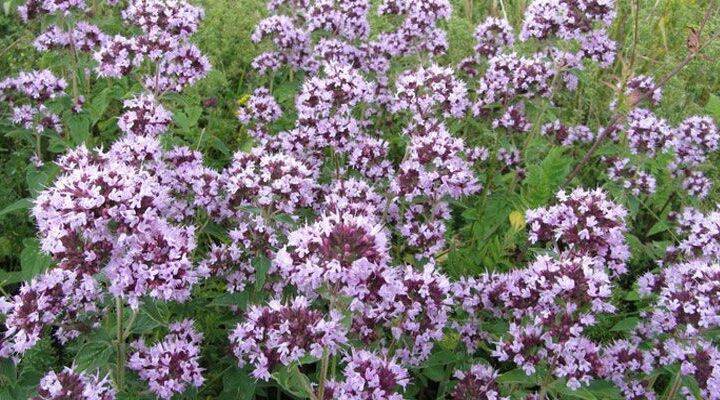Our respiratory system is working constantly. Every day it continuously delivers vital oxygen to our body. Unfortunately, along with the air we breathe, pollutants, irritants, dust, mold, fungi, harmful organisms, and other toxins can get into the lungs. If you don’t live in an airtight bubble, then it is obvious that all this can have negative consequences.
Fortunately, nature has provided a number of herbs and herbal remedies that can help cleanse and provide better respiratory system function.
How can herbs be beneficial for the respiratory system?
Herbs that help maintain lung health can have the following effects:
- Expectorant (helps to destroy and clean the accumulations in the respiratory system)
- Calm irritated nasal passages and airways
- Relax muscles near the upper respiratory tract to help suppress cough
- Antihistamines
- Fight against harmful microorganisms that may cause diseases of the upper respiratory tract
- Sources of antioxidants
There are 6 herbs below that can help us keep our respiratory system healthy.
1. Eucalyptus
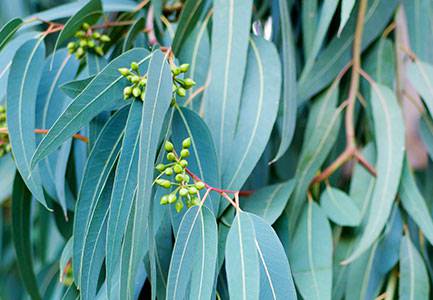
A native of Australia, eucalyptus is useful not only for koalas! The refreshing aroma of eucalyptus supports respiratory health and soothes throat irritation. Eucalyptus is a popular ingredient in cough and syrup lozenges. It contains a compound called cineol. Cineol has many advantages: it is an expectorant, can relieve cough, thin the mucus, and soothe the irritated sinus passages. As an added bonus, eucalyptus contains antioxidants that support the immune system during colds or other illnesses. One very effective use is to inhale eucalyptus essential oil along with steam.
2. Lungwort

The scientific generic name Pulmonaria comes from the Latin pulmo — “lung” and is associated with the use of plants of this genus for the treatment of pulmonary diseases. The leaves of the lungwort covered with bright spots are somewhat similar to the human lungs. Pulmonaria contains saponins and tannins, which act as expectorants and emollients for infections of the mucous membranes. So this plant can be used as an emollient, anti-inflammatory, expectorant, and astringent in the treatment of pulmonary diseases.
3. Oregano
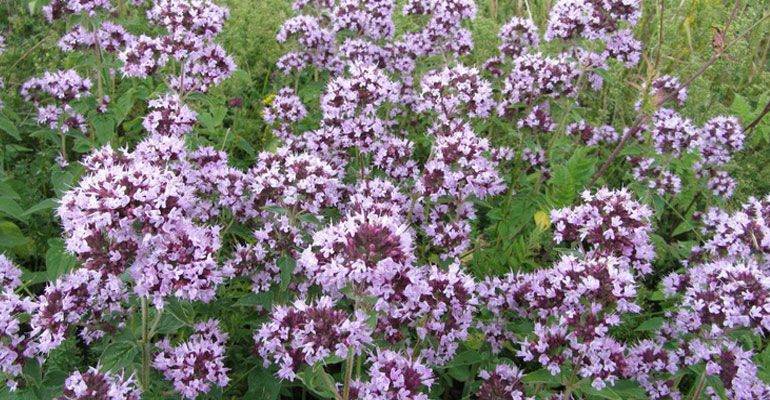
Although oregano contains vitamins and nutrients needed by the immune system, its main advantages are the content of carvacrol and rosmarinic acid. Both compounds are natural decongestants and antihistamines, so oregano can be used as an effective anti-inflammatory agent and expectorant.
4. Plantain leaves
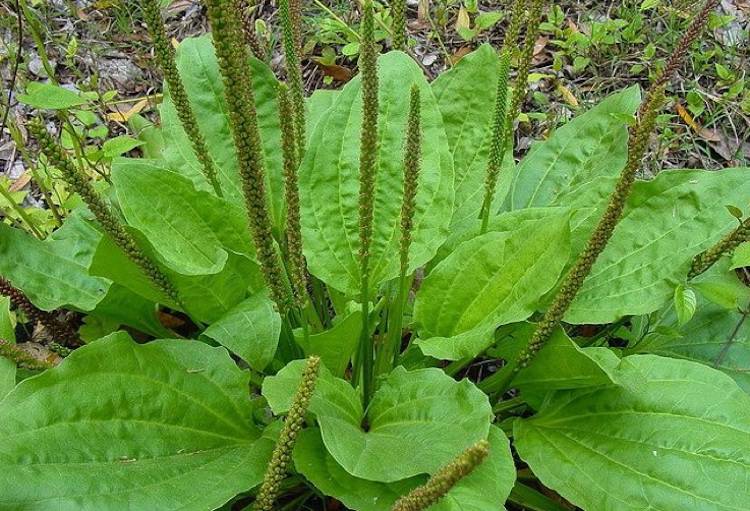
Plantain leaves are considered among lung cleansing herbs and have been used for hundreds of years to relieve cough and soothe irritated mucous membranes. Clinical trials have shown that plantain helps with coughing, colds, and lung irritation. The anti-inflammatory and immune benefits of plantain leaves have an added bonus — they can help relieve dry cough by increasing mucus production in the lungs.
5. Elecampane

Greeks, Romans, Chinese, and even Indian Ayurvedic medicine used elecampane to support the respiratory system. Why? Elecampane has a relaxing effect on the smooth muscles of the trachea. There are two active compounds in the root of elecampane that provide a positive effect — inulin, which soothes bronchial patency, and alantolactone, an expectorant with an antitussive effect.
6. Mint
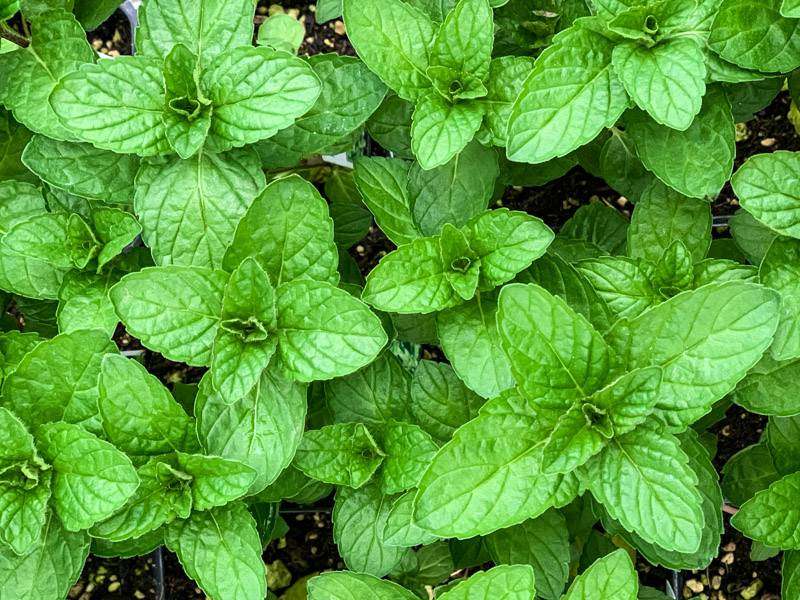
Peppermint contains menthol — a calming substance that relaxes the smooth muscles of the respiratory tract and promotes free breathing. Together with the antihistamine effect of peppermint, menthol is a very effective decongestant. That is why candies, balms, and inhalers containing menthol are so popular and are believed to help remove mucus from the respiratory tract. In addition, peppermint is an antioxidant and fights harmful microorganisms.
All of the above herbs are available in various forms, like food additives, oils, and tea mixtures. They are easy to purchase at any pharmacy. However, it’s always best to discuss using herbs for lung problems with a doctor in case of a serious condition.

